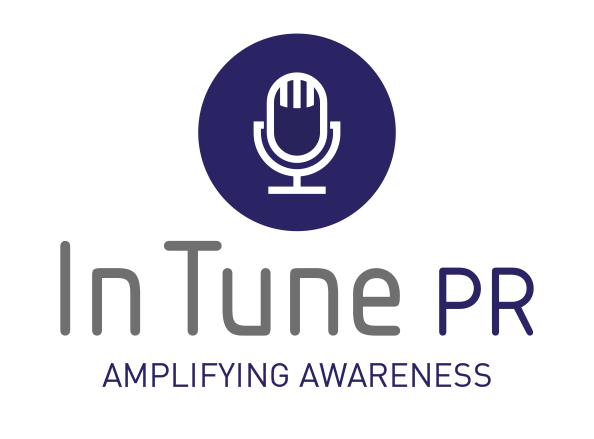PR is about raising awareness in the right places and with the right people at the right times. That can also incorporate changing behaviours – much of the time, buying behaviours – and language. Frankly, the one of these that is most typically valued is buying behaviours. If a client sells more items or more services, PR is deemed a success and is paid for.
This sounds great, but when that PR results in more sales of cigarettes which impair health, or excessive gambling, or products that are (and could be for thousands of years) harmful to the environment, that is hardly a success.
Listening to Simon Sinek’s ‘A Bit Of Optimism’ podcast recently, an episode named ‘The War On The Young with Professor Scott Galloway‘ was especially striking. The two agreed that the balance of wealth has, in the US and UK, shifted towards older people at the expense of younger at present. Not only that, but there is a historically high concentration of very high levels of wealth among very few people. Two consequences of that are the growth of services assisting those few people to preserve and increase that wealth, and with so much of public taxation servicing debt, a shrinking pool of money for good causes, arts, culture, and community. In the podcast Scott talks about his having a money accumulation goal, a sufficiency for his family’s lifestyle to be secured. When he reached that goal he started to give away or ethically invest any additional income. Against the backdrop of single-minded wealth accumulation services, this sounds like heresy.
Here we also come to language. Alongside excessive money landing in hands which either hang on to it or often use it in lavish conspicuous spending, there are ethical uses of wealth out there. One use is entitled in the business world as Corporate Social Responsibility (CSR). Another is investment by the people known as Angel Investors. Inherent in this is the problem that those who don’t explicitly adopt CSR are seen as without conscience, when they might do a lot of good, and some who have CSR policies don’t live up to them and it is just window-dressing. Likewise, some investors not described as Angels could be highly ethical, and some Angels rather less so. In both these fields, it feels like it is time for a DNA shift in the perception and behaviour of business and wealth management. Being in business or a person of wealth should, where possible, always have CSR and an Angel element built in. Put simply, that could make everyone’s lives better. Helping others when possible should be the norm, not something to celebrate and talk about as the exception, requiring hived off categories of endeavour.
So many things start small and get no further due to a lack of even small sums of money. Or, having succeeded, lose ground and disappear when, again, relatively little money could make a difference. I am reminded of the show SIX: The Musical. That came from nothing to become a worldwide hit within a few years. What a loss it would have been if at any time it lacked money and stopped before realising its potential. There will be many better examples in the arts and charities and so on. I just happen to love SIX and its Royalling Stones….
End note: All of the thoughts in this post could be off-beam and is certainly a highly simplified view of what is probably a complex reality, but as with many topics, expressing an opinion can stimulate debate and be a milestone on the path to change for the better. That doesn’t mean I am necessarily wrong….
Darren Weale, Founder In Tune PR, 28 August 2024


Recent Comments